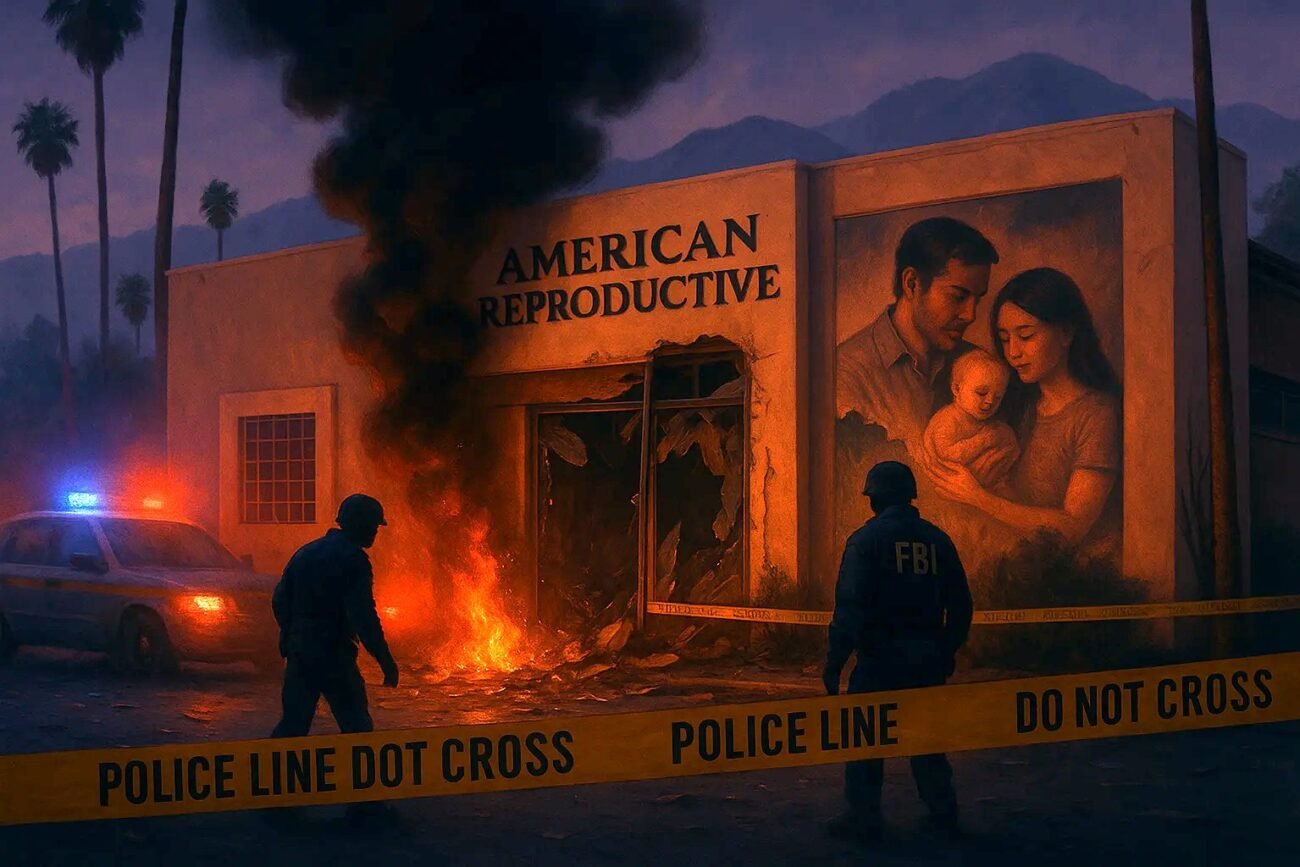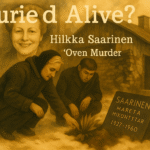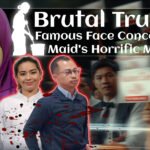On May 17, 2025, the California fertility clinic bombing in Palm Springs was classified by the FBI as a deliberate act of terrorism. Investigators suspect that the attack was driven by anti-natalist ideology. The identified suspect, Guy Edward Bartkus, is believed to have targeted the clinic based on his ideological views. Evidence links his beliefs directly to the bombing. Authorities are now examining the broader impact on the clinic, the community, and the ideological motivations behind such actions.
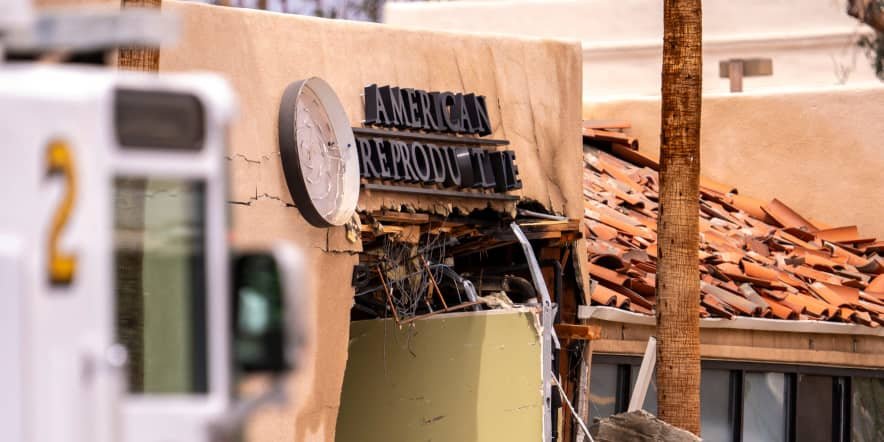
The Palm Springs Fertility Clinic Bombing
At approximately 11:00 a.m. local time on Saturday, May 17, 2025, a powerful explosion rocked an American fertility clinic in Palm Springs, California. The blast occurred at the American Reproductive Centers (ARC) facility located in the 1100 block of North Indian Canyon Drive, near Desert Regional Hospital in Palm Springs, California. The incident resulted in one fatality, believed to be the suspect, and injuries to at least four others, as well as significant damage to the clinic building and neighboring businesses.
Witnesses described a “tremendous loud boom,” a “sonic wave of sound,” and “thick black smoke rising up, almost like a mushroom cloud”. The FBI has confirmed that the explosion was a “deliberate act of terrorism”. Investigators from the FBI, bomb technicians, and an evidence response team were deployed to the scene.The description of the explosion as being heard several blocks away and causing damage to nearby rooftops and shattered windows indicates a significant level of explosive force, suggesting a deliberate and possibly well-planned attack.
The extent of the damage reported by eyewitnesses and news outlets points to the use of a substantial explosive device. This level of planning and execution goes beyond a spontaneous act of violence and suggests a premeditated attack with specific targets and motives.
FBI Investigation and the Anti-Natalist Link
Two senior law enforcement officials told NBC News that “anti-natalist ideology appears to be the motive behind Saturday’s deadly bombing in Palm Springs” . Law enforcement sources confirmed that the explosion was caused by a large vehicle-borne improvised explosive device (VBIED). The person of interest has been identified as Guy Edward Bartkus, a 25-year-old resident of Twentynine Palms. Evidence found in Bartkus’s writings and recordings indicates his opposition to increasing the population and his strong disapproval of in vitro fertilization (IVF), a service offered by American Reproductive Centers, which he described as “extremely wrong”.
The FBI is reviewing the suspect’s social media posts where he expressed anti-natalist views. The FBI has affirmed that the attack was deliberate and is conducting an investigation to determine whether it was an act of domestic or international terrorism. Akil Davis, the head of the FBI’s Los Angeles field office, stated that it was an “intentional act of terrorism” and confirmed the investigation into the motive .The FBI mentioned identifying “a person of interest” but stated they were “not actively searching” for the suspect at the time of the initial briefing, suggesting the deceased individual may be the suspect .
The swift identification of anti-natalist ideology as a potential motive, coupled with the suspect’s opposition to IVF, strongly suggests a targeted attack based on the clinic’s services and the suspect’s beliefs. The use of a VBIED also indicates a level of planning and commitment to causing significant harm. The suspect’s writings explicitly linking his anti-natalist views to his rejection of IVF, a core service of the targeted clinic, provide a direct connection between his ideology and the act of violence. The choice of a fertility clinic, rather than a general reproductive health center, may indicate a specific focus on preventing births through assisted reproductive technologies.
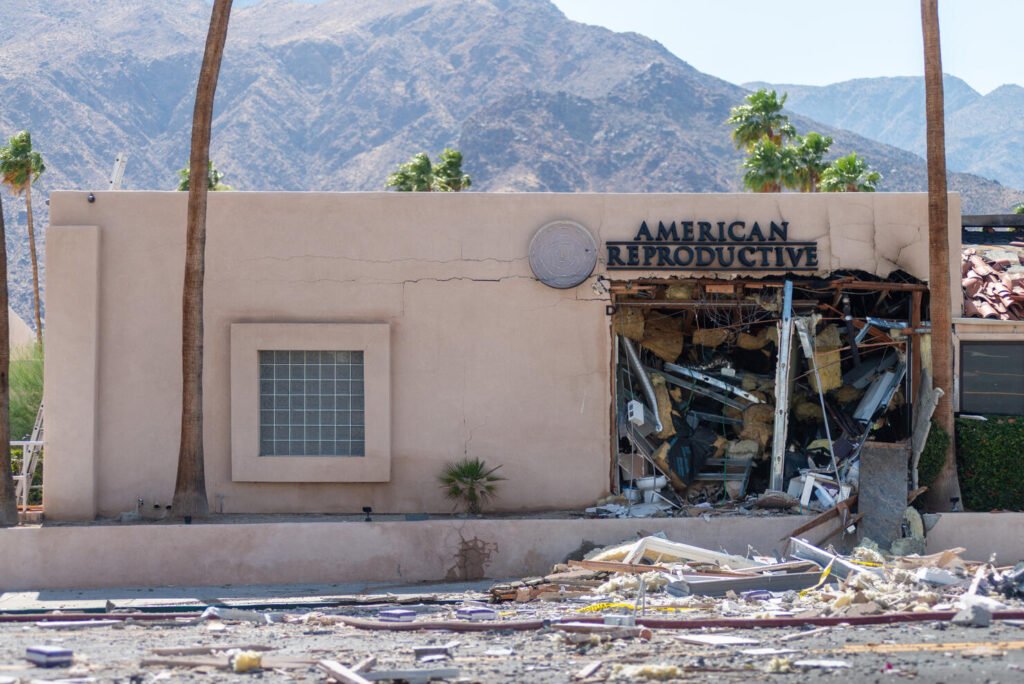
Understanding Anti-Natalist Ideology
Anti-natalist ideology is defined as a philosophical viewpoint that considers procreation unethical or unjustifiable . Core tenets include the belief that no one should have children, that coming into existence is a serious harm, and that life inherently involves suffering and death . Various arguments support anti-natalism: the inevitability of suffering and death , the lack of consent for being born , the “gamble of happiness” – no guarantee of a good life, Benatar’s asymmetry argument regarding pain and pleasure , concerns about overpopulation and environmental impact , and misanthropic views about the harmful nature of humanity .
The historical roots of anti-natalist thought can be traced back to ancient Greece, Buddhism, and certain religious sects . A distinction exists between philosophical anti-natalism and activist anti-natalism (such as the Voluntary Human Extinction Movement – VHEMT) .The concepts of “birth negation” and “procreation negation” also exist. Anti-natalism is not a monolithic ideology; it encompasses a range of motivations, from preventing suffering to environmental concerns and misanthropic viewpoints . Understanding these different facets is crucial to avoid simplistic portrayals of the potential suspect’s motives.
The suspect’s specific focus on IVF indicates a particular aversion to assisted reproductive technologies within the broader framework of anti-natalism. The research snippets reveal various arguments and categories within anti-natalism . The suspect’s writings mentioning IVF specifically suggest that his anti-natalist beliefs may have been particularly directed at technologies that facilitate reproduction for individuals who might otherwise be unable to conceive. This could stem from a belief that all births are harmful, regardless of circumstances.
Suspect Profile and Potential Motive
Guy Edward Bartkus has been identified as a 25-year-old resident of Twentynine Palms, near a large Marine Corps base. Evidence of his anti-natalist beliefs has been found in his writings and recordings. He also expressed specific disapproval of IVF, a service offered by American Reproductive Centers, deeming it “extremely wrong”. Investigators are reviewing his social media posts where he voiced anti-natalist views. There is a possibility that the deceased individual at the scene is Bartkus, given the FBI’s statement that they are not actively searching for a suspect . A charred vehicle, potentially belonging to the suspect, was found near the center of the explosion.
A witness reported an iPhone on a tripod in the parking lot, positioned as if to film or livestream the explosion, potentially linking the suspect to the act and his ideology .The combination of the suspect’s age, proximity to a military base, outspoken stance against IVF, and potential attempt to record the bombing suggests a deliberate act of ideologically motivated violence. The proximity to a military base may be coincidental or could indicate prior military experience or influence, which might be relevant to the planning and execution of the bombing.
The suspect profile begins to paint a picture of an individual with strong anti-natalist convictions, specifically targeting a fertility clinic. The detail about the iPhone on a tripod suggests a desire to document or even broadcast the act, a tactic sometimes used in acts of terrorism to disseminate a message or ideology . The suspect’s location near a military base warrants further investigation into any potential connections or influences.
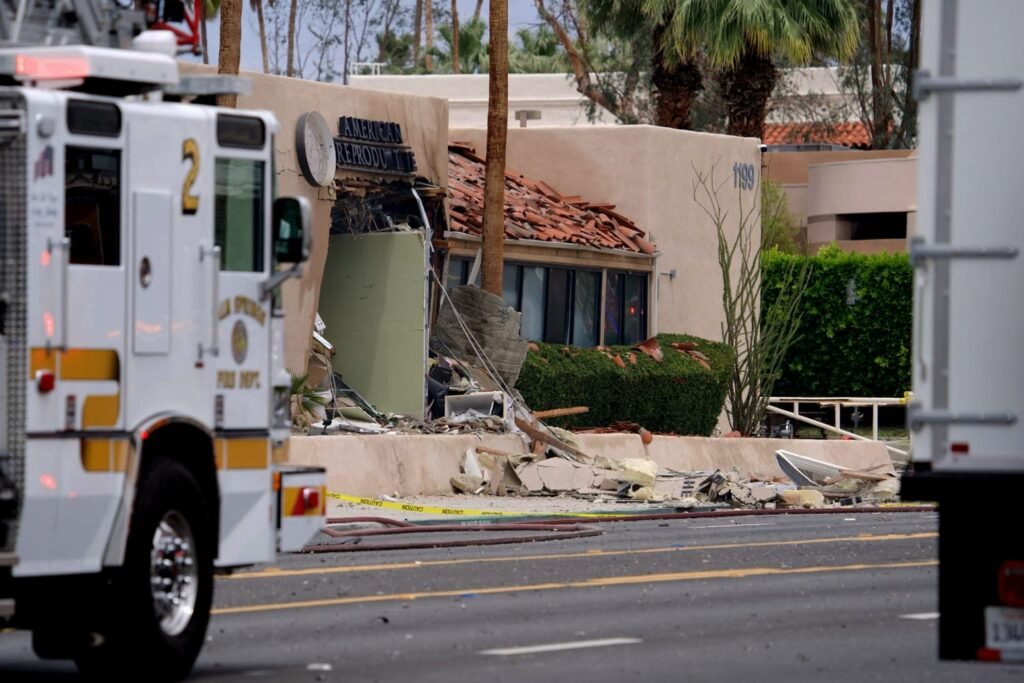
Impact on American Reproductive Centers
The clinic confirmed that no staff members were injured during the explosion . They also reassured that the eggs, embryos, and reproductive materials stored at the clinic were undamaged . The clinic’s office space, where patient consultations were conducted, sustained damage. The clinic released a statement expressing sadness over the loss of life and injuries, but also affirmed their commitment to continuing service and bringing new life into the world . Dr. Maher Abdallah, who runs the clinic, expressed relief that there were no patients at the clinic on the day of the bombing.
The clinic was expected to reopen on Monday following the Saturday bombing.The physical damage was described as a large hole in the building, debris scattered across several blocks, and damage to nearby rooftops and shattered windows . The fact that the reproductive materials at the clinic were not damaged suggests that the primary target was likely the clinic itself and its function in facilitating births, rather than the destruction of existing embryos or eggs .
This aligns with an anti-natalist ideology focused on preventing future births. Had the perpetrator’s goal been solely to destroy reproductive potential, the IVF laboratory would likely have been the main target. The concentration of damage in the office space suggests a symbolic attack on the clinic’s operations and its role in enabling procreation.
Public and Official Reactions
Local residents described hearing a “huge boom” and seeing “thick black smoke” . Witnesses reported feeling the ground shake and initially believing it was an earthquake or a plane crash . Palm Springs Mayor Ron De Harte stated that the source of the explosion “was in or near the vehicle”. Palm Springs Mayor Pro Tem Naomi Soto described the clinic as “a place of hope” and acknowledged the pain and concern throughout the community . Palm Springs Police Chief Andy Mills described the incident as a “massive crime scene” and stated that “terrorism came knocking on the door of Palm Springs.” He assured the public that it was an isolated incident .
California Governor Gavin Newsom stated that the state was coordinating with local and federal authorities . U.S. Attorney General Pam Bondi condemned the attack, calling it “unforgivable” and emphasized the Trump administration’s understanding of the importance of women and mothers .The Center for Reproductive Rights condemned the bombing as “unconscionable” and raised concerns about the heated political debates surrounding fertility treatments . Reproductive Freedom for All also issued a statement emphasizing the history of violence targeting reproductive health centers and the need for the FACE Act .
Some residents in Twentynine Palms were evacuated as part of the investigation . Other fertility centers showed solidarity, with some increasing security measures as a precaution . The strong condemnation from government officials and reproductive rights organizations highlights the sensitivity of the issue and the potential for this event to be seen as part of a broader pattern of violence against reproductive healthcare providers . The mention of the FACE Act refers to the legal framework designed to protect these facilities.
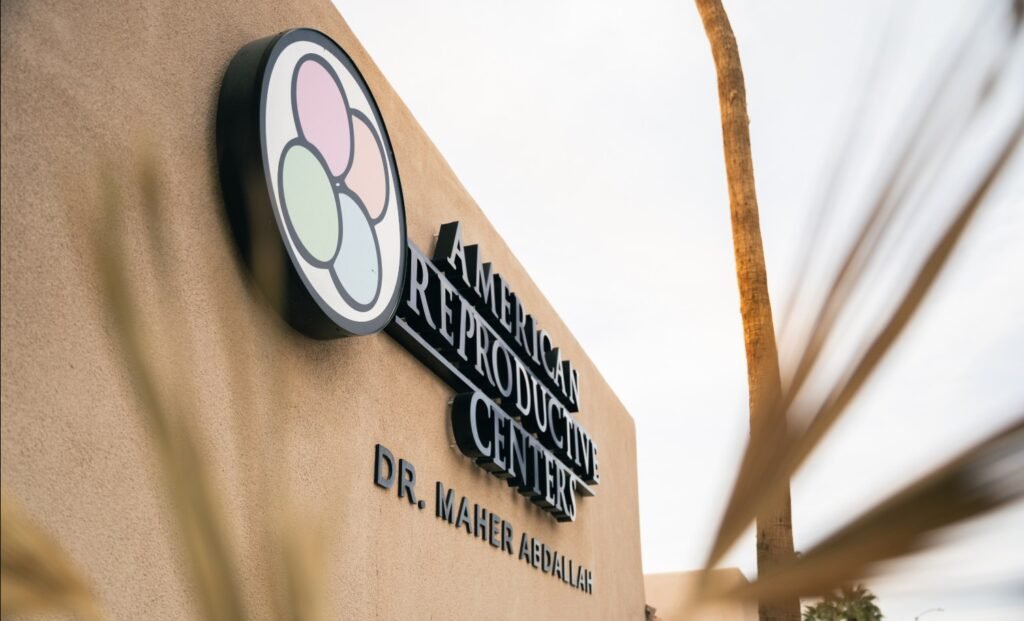
Legal and Law Enforcement Response
The FBI considered the explosion an act of terrorism due to its occurrence outside a fertility clinic and the suspected anti-natalist motive . The investigation is being led by the FBI’s Joint Terrorism Task Force. Local law enforcement (Palm Springs Police Department), the Bureau of Alcohol, Tobacco, Firearms and Explosives (ATF), and other federal agencies are involved . Potential charges include terrorism, murder, and the use of an explosive device. The investigation will aim to determine whether the act was domestic or international terrorism . The U.S. Attorney for the Central District of California, Bill Essayli, stated that his office would release as much information as possible once details are confirmed.
The FBI mentioned having “a person of interest” but was not actively searching for a suspect, suggesting the deceased may be the perpetrator .The classification of the bombing as terrorism carries significant legal ramifications, potentially leading to more severe charges and the involvement of federal resources in the prosecution . The focus on whether it was domestic or international terrorism will depend on the extent of the suspect’s connections and influences.
Under U.S. law, acts of terrorism carry substantial penalties . The FBI’s determination will shape the legal framework for prosecution. Investigating whether it was domestic or international terrorism involves examining the suspect’s affiliations, communications, the origin of his ideology, and any potential support.
Anti-Natalism and Violence: Historical Context and Analysis
While the philosophy of anti-natalism itself is primarily a non-violent stance advocating for the cessation of procreation , there have been instances where individuals with similar beliefs may resort to violence . The Voluntary Human Extinction Movement (VHEMT) advocates for the gradual extinction of humanity through voluntary non-procreation and explicitly rejects violence . Concerns exist about the potential for misanthropic interpretations of anti-natalism to lead to harmful actions . There is a broader history of violence against reproductive health facilities in the United States, often linked to anti-abortion extremism .
A discussion is ongoing about whether the Palm Springs bombing represents an isolated incident or a potential new trend of violence linked to anti-natalist ideology .An analysis of the distinction between philosophical anti-natalism and violent extremism that exploits or aligns with some anti-natalist ideas is crucial . There is a reference to historical instances of infanticide or the discouragement of procreation within specific social contexts, though not directly linked to modern anti-natalist philosophy in the same way . While the core tenets of anti-natalism do not inherently promote violence, the potential for individuals with extremist interpretations or co-occurring violent tendencies to be motivated by anti-natalist ideas is a serious concern .
This event may represent a novel form of ideologically motivated violence distinct from more established patterns of anti-abortion violence, although it shares the characteristic of targeting reproductive services. It is essential to differentiate between the philosophy of anti-natalism, which generally advocates for non-violent means, and the actions of an individual who may have been driven by an extremist interpretation of these ideas or by other co-occurring extremist beliefs . The historical context of violence against abortion providers offers a relevant, though not identical, parallel for understanding the potential for violence targeting reproductive health facilities.
Conclusion: Implications and Future Considerations
This report summarizes the key findings, emphasizing the FBI’s link between the bombing and anti-natalist ideology. The report discusses the implications of this event for understanding domestic terrorism and ideologically motivated violence . It also considers the potential for online communities and extremist interpretations of philosophies to inspire real-world violence. Continued monitoring of extremist groups and ideologies, including those related to anti-natalism, is necessary . It is important to distinguish between philosophical beliefs and violent extremism to avoid unfairly stigmatizing broader groups .
The report also touches upon the ongoing debates surrounding reproductive rights and fertility treatments and how this event might impact those discussions .Finally, the report offers potential recommendations for law enforcement agencies, policymakers, and community leaders to address the threat of ideologically motivated violence . This event highlights the evolving nature of domestic terrorism and the need for law enforcement and intelligence agencies to be aware of a broader range of potential ideologies that could motivate violence .
The incident also underscores the vulnerability of reproductive health facilities to targeted attacks and the importance of security measures and legal protections . The Palm Springs bombing, if confirmed to be driven by anti-natalist ideology, adds another dimension to the landscape of domestic terrorism . Previously, much of the focus on violence related to reproductive rights has centered on anti-abortion extremism . This event suggests that other ideologies, even those that may seem fringe, can inspire acts of violence . It necessitates a broader understanding of the motivations and goals of extremists.
Palm Springs Fertility Clinic Bombing Summary
| Element | Details |
| Date | May 17, 2025 |
| Location | Palm Springs, California, USA |
| Casualties | 1 fatality (believed to be the suspect), at least 4 injured |
| Clinic Affected | American Reproductive Centers (ARC) |
| Suspected Cause of Explosion | Vehicle-borne improvised explosive device (VBIED) |
| Suspected Motive | Anti-natalist ideology, opposition to in vitro fertilization (IVF) |
| Identified Suspect | Guy Edward Bartkus, 25-year-old from Twentynine Palms |
| FBI Classification | Deliberate act of terrorism |
| Agencies Involved in Investigation | FBI, Palm Springs Police Department, ATF |
| Investigation Status | Ongoing to determine if domestic or international terrorism |
| Impact on Clinic | No staff injuries, stored eggs and embryos undamaged, damage to clinic office space |
| Official Reactions | Condemnations from law enforcement, politicians, and reproductive rights organizations |
| Additional Evidence | Charred vehicle and iPhone on a tripod found at the scene |
For more strange and thought-provoking stories, feel free to explore our blog section where we cover the world’s most bizarre happenings.


